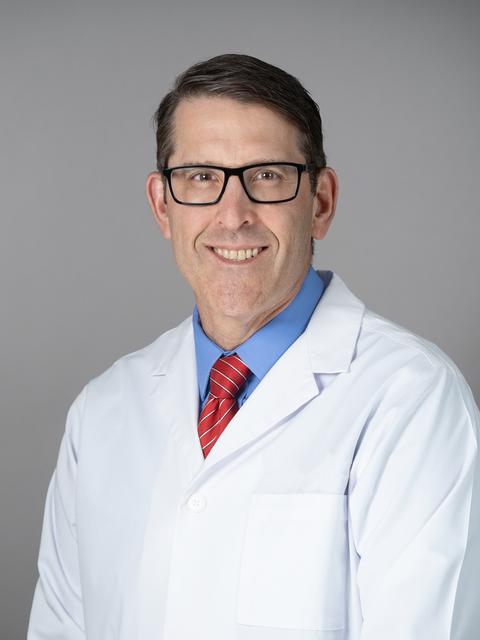
Matthew D Holland, MD
Pain Medicine
Additional Locations
Bio & Overview
Matthew Holland, MD, is a pain management physician who provides a range of interventional treatments, including spine and joint radiofrequency ablation, epidural steroid injections, kyphoplasty, minimally invasive lumbar decompression, and implanted devices such as spinal cord stimulators.
He has a special interest in worker’s compensation medicine and performs independent medical examinations.
“The biggest reason to stay in medicine is the relationships we develop with our patients,” he says. “Helping people in pain get back to work and doing the things they love is the most rewarding part of being a doctor.”
Dr. Holland earned his medical degree at the University of Texas. He completed his anesthesiology residency at UVA and entered private practice in Tucson, Arizona. He then completed his pain fellowship at the University of Arizona and worked in private practice in Arizona and Charlottesville. He returned to UVA in 2024. Dr. Holland is a senior oral board examiner for the American Board of Anesthesiology and has lectured nationally on pain management topics.
He and his family have two dogs that spend their days shedding on every surface of their home. He enjoys hunting, fishing, and riding anything with 2 wheels.
Academic Information
- Department
- Anesthesiology
- Academic Role
- Assistant Professor
- Division
- Pain Management
- Gender
- Male
- Languages
- English
- Age Groups Seen
- Adults (21-65)
Older Adults (65+)
- Primary Education
- The University of Texas School of Medicine at San Antonio
- Residency
- University of Virginia Medical Center
- Fellowships
- University of Arizona College of Medicine
- Certification
- American Board of Anesthesiology (Pain Medicine), American Board of Anesthesiology (Anesthesiology)
- Additional Specialties
- Anesthesiology
Reviews
374 Patient Satisfaction Ratings
Our patient satisfaction ratings are an average of all the survey responses to the below questions a provider got within the past 2 years. To protect your privacy, patients aren't identified.
See more about our patient satisfaction surveys .